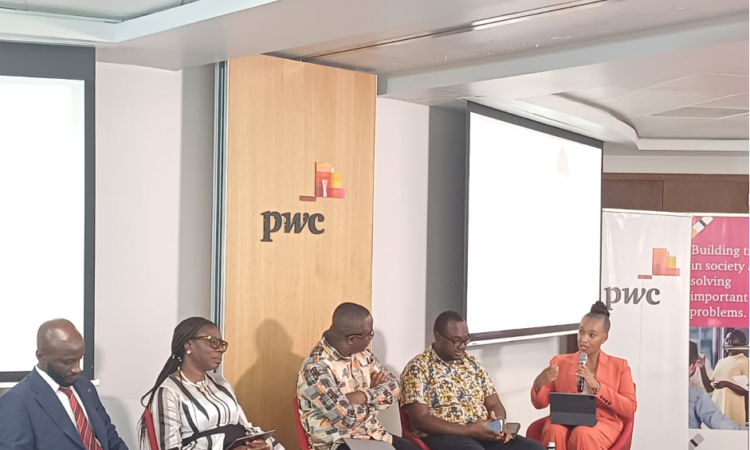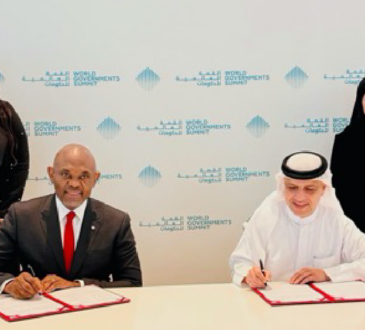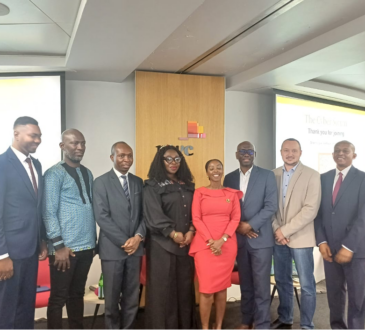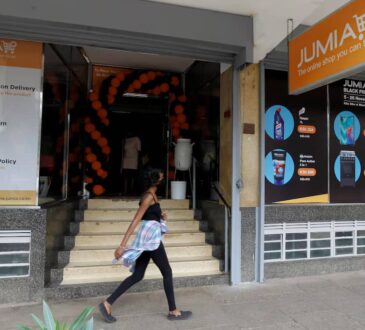Ghanaian businesses urged to tap into $65 billion carbon credit market …experts at PwC Ghana event

Businesses have been urged to utilize carbon credits as a strategic tool to meet emissions reduction targets.
The carbon market presents various opportunities across the value chain that can also be profitable for businesses. As a crucial mechanism in combating climate change, the carbon market facilitates financing for impactful global projects, many of which would not have existed otherwise.
At a PwC Ghana event themed “Beyond the Surface: Exploring the Current State of Carbon Emissions in Ghana’s Extractive Industry,” panelists emphasized the need for raising awareness among institutions to leverage the carbon trading market.
Dr. Daniel Benefoh, Acting Director of the Climate Unit at the Environmental Protection Agency (EPA), noted that sound policy formulation is essential to guiding investments. He highlighted the importance of understanding one’s carbon footprint as a prerequisite for entering the carbon market.
Dr. Benefoh further disclosed that the global carbon credit market generates about US$65 billion in annual revenue. He stressed the need for more efforts to generate interest among local companies to tap into this market. Carbon credits reward emission savings, which must be quantified, verified, and approved by the government before they can be priced and traded.
According to him, the carbon credit market comprises both compliance and voluntary segments, with a wide range of credit-generating activities. As of September, the compliance carbon market had an annual revenue of US$65 billion and over 9 Gt of CO2e in greenhouse gas emissions, while the voluntary market accounted for US$1.3 billion and 0.17 Gt of CO2e.
Dr. Benefoh emphasized that third-party verification and validation of carbon projects are required for carbon credits. He pointed out the absence of African nations offering such services, creating an opportunity for local companies to fill this gap. Ghana is positioning itself to retain these services within the country by encouraging indigenous companies to participate and gain expertise.
The government has introduced the National Carbon Market Framework, which is linked with the country’s Nationally Determined Contributions (NDCs) under the Paris Agreement. This framework includes registries and reporting mechanisms related to carbon markets, such as Article 6, Voluntary Carbon Markets (VCM), and the Carbon Offsetting and Reduction Scheme for International Aviation (CORSIA). The government is also negotiating bilateral agreements with countries like Switzerland, Singapore, and Sweden to create demand for carbon credits.
Richard Ansong, Partner at PwC and ESG Leader, noted that while a foundational framework has been laid, participants must now take advantage of the carbon market’s potential.
Many companies have set net-zero targets, but some of their emissions cannot be abated, meaning they will need to purchase carbon credits. Ghana, with the right structures in place, could greatly benefit from this market, he noted.
Currently, only 46 projects have been registered in Ghana, but Mr. Ansong believes there is vast untapped potential.
He added that while many firms have set emissions reduction goals, only 31% have taken concrete actions beyond planning. For Ghana to achieve a just and equitable transition to a low-carbon economy, transition plans must take into account the impact on jobs, skills, and local communities, particularly youth, women, and indigenous populations. Although 78 million jobs could be lost in the transition to a low-carbon economy, up to 103 million new jobs could be created.
Paul Ocran from the International Finance Corporation (IFC) highlighted the potential for job creation through the carbon market. He emphasized that the extractive industries in Ghana are sitting on untapped assets that could be converted into revenue sources through carbon credits. He also underlined the importance of ensuring integrity and traceability in the carbon credit market.
Adiki Ayitevi, a sustainability consultant, noted that for businesses to succeed in the carbon credit market, they need a clear strategy and strong executive support. She stressed that companies must understand their carbon footprint, develop a funding strategy, and cultivate a culture of change to thrive in the carbon market.
Ghana has set an emissions reduction target of 64 million tonnes by 2030, in line with the Paris Agreement’s goal of limiting global temperature rise to 1.5°C by mid-century. With the right policies, infrastructure, and local participation, Ghana is well-positioned to capitalize on the growing carbon credit market while contributing to global climate goals.
By Eugene Davis







